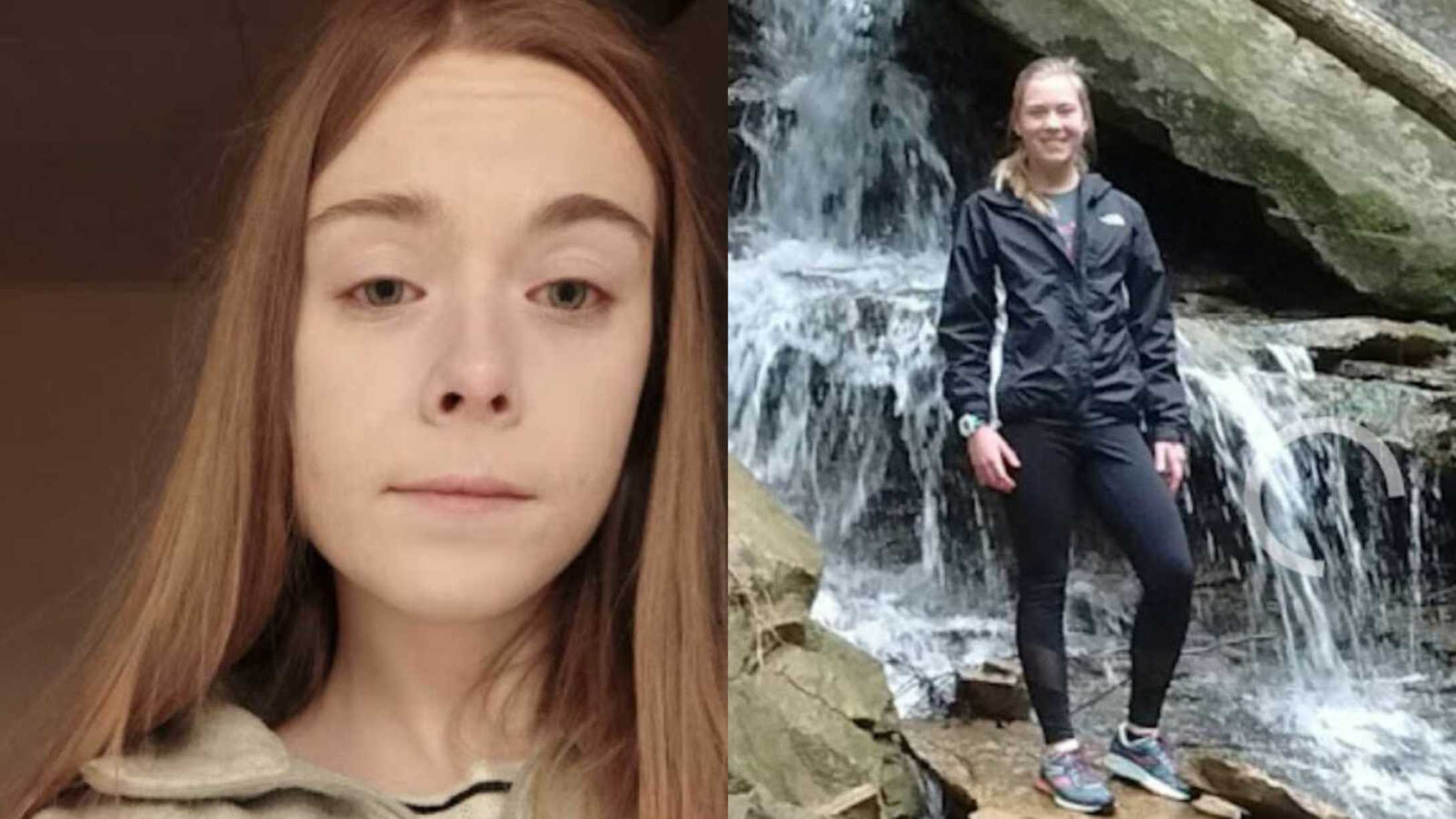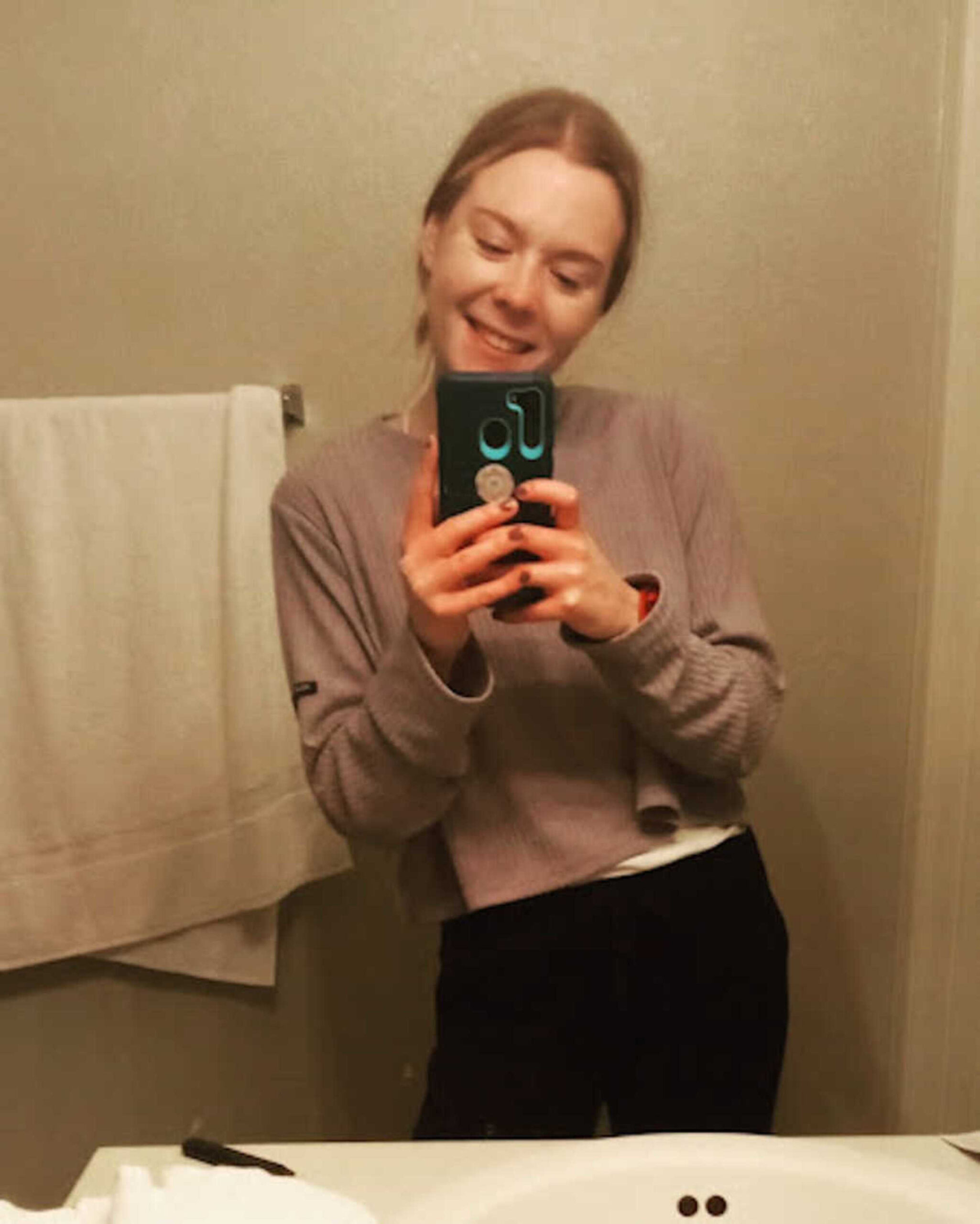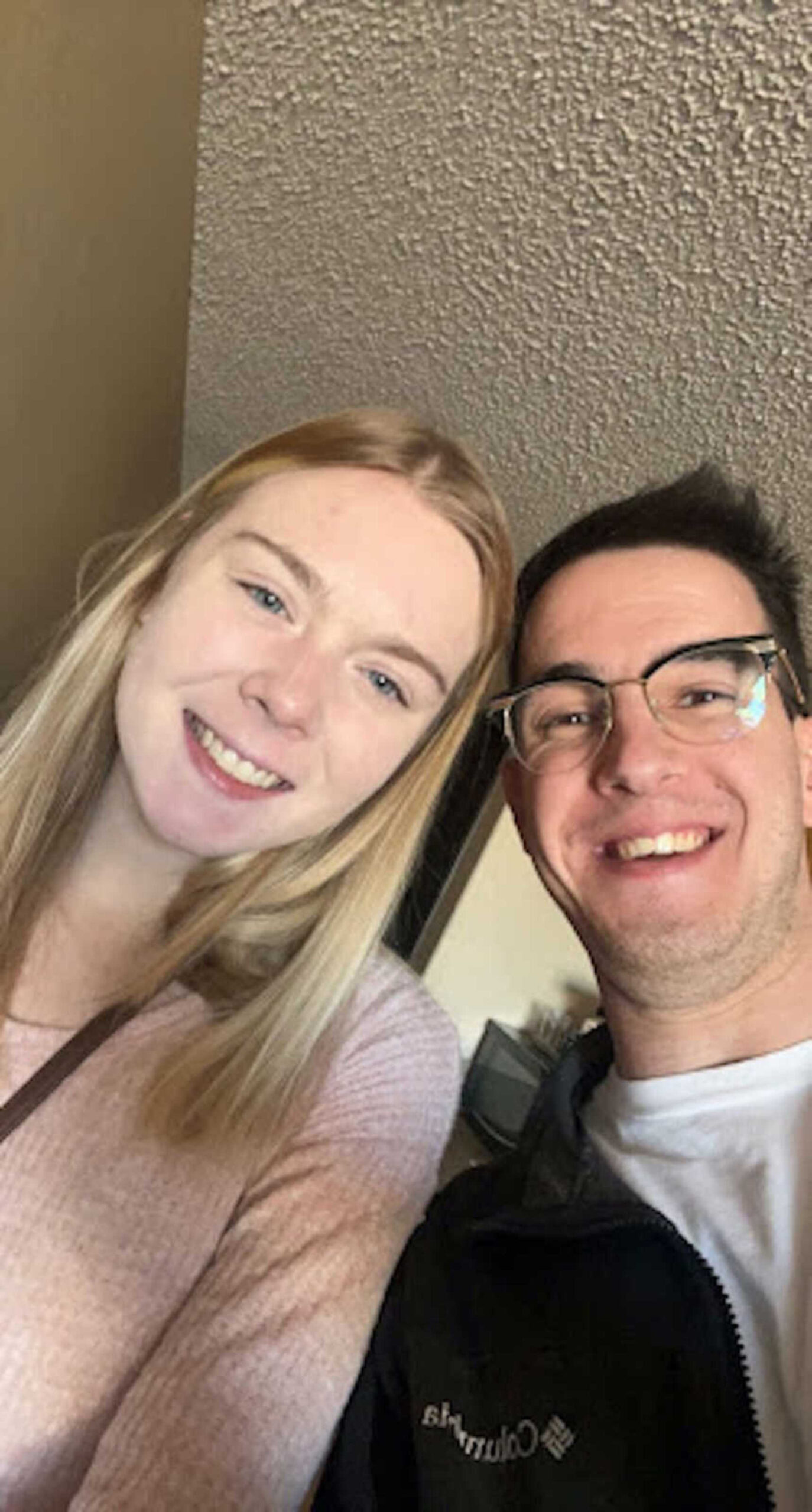
I began controlling every aspect of food that I could from as early on as 6 years old. I can vividly remember my friends looking at me strangely at the lunch table in kindergarten as I chewed and spit my food. My logic was that nothing "bad" in the food would harm me, in case it was somehow contaminated.
I don’t remember how I got this fear, but it was around the same time there was a lot of chaos at home I didn’t understand.
It was also around the time I began thinking that I was defective. My parents would often get so frustrated at my anxiety that they’d yell, which would lead to me feeling like I was "bad."
I figured I should be punished because I felt so guilty. I did this through food control, so I could be at peace with myself for the day. I would use what I’d had in the day to determine what to eat for my next meal, or if I could eat at all.
I was also very body-conscious. Family often made comments about others’ bodies they thought to be "too big" and this made me worried they’d make fun of me, too. At 8 years old, I started going on runs around my house, counting steps in my head, to work off any "bad" foods I ate, in fear of becoming fat.
I didn’t show physical side effects of the eating disorder as a child and I never told anyone about these thoughts because I didn’t want to be judged. My behaviors were the only way I felt safe in the chaos. I never felt like I was truly safe physically and emotionally, no matter where I was at, and this is so important.
Despite everything going on at home, I was a dedicated student and gymnast and always wanted to be perfect, so the self-criticism was constant. I could never be good enough, it seemed.
Struggling Through High School & College

In my freshman year of high school, I started showing physical signs of my ED. I had gymnastics practice daily, and I began cross country to lose weight.
I then began obsessively counting calories, it was all I thought about. My dad noticed and had a talk with me about nutrition, so I began eating to fuel my sports. But I was still so conscious and afraid of my own body.
I started seeing a therapist, whom I still see today, and I spent a year attending sessions weekly. Over time, I got so frustrated because I could not stop the behaviors that I lied and said I was better so I could stop going to therapy. I had assumed I would grow out of it.
Home was also really stressful and I felt so inadequate. I took it out on myself through food and self-harm, and I developed depression and suicidal thoughts.
I graduated high school and made it through most of college without becoming unstable. However, I was in my first semester of physician assistant school when COVID started and we were forced to do Zoom class for the rest of the school year. I was very stressed and started relapsing at that point.
Nine months later, I dropped out of PA school due to not being able to uphold my grades because my ED took all of my time and energy. I was always exhausted, irritable, and isolated a lot, so my college experience was unfortunately not the typical fun one. I have a lot of regret for this now.
Eating Disorder Treatment

In early 2021, I restarted therapy, and by November I was forced to expand my treatment team to include a dietitian, as my BMI was getting into an unsafe zone. I gained some weight while healing my relationship with food and my body. I was diagnosed with Complex PTSD from my childhood at this point, which is very intertwined with my anorexia. In January 2022, I was forced into more treatment after getting sent to the hospital multiple times in one week due to malnutrition.
I’d like to note at this time, as I was dying, screaming I wanted to die because I was so miserable, I still did not think I had a problem. It makes me incredibly sad to think I was so sick and couldn’t believe it. I’d been with my boyfriend Nathan for about a month at this time, and I feel so guilty now that he had to watch all of this.
I spent 3 months in a Partial Hospitalization Program and Intensive Outpatient program, then in June 2022 I was referred to residential treatment. I spent three months in two different hospitals, and went back to PHP in early September 2022. I started struggling a lot with body dysmorphia and ED. I was discharged suddenly in mid October while in a difficult mental space.
My experience in residential was difficult, as something that triggers my C-PTSD is the feeling of being trapped. Treatment was halfway across the country from home, so I felt like this often and would get panic attacks asking to sign an AMA. My therapist was wonderful and taught me how to think rationally during these episodes. I still hated staying when I really wanted to just go home, and Nathan was so helpful in encouraging me to stay.
Residential was also a stressful setting; you had to completely give up all autonomy and ask for everything including the bathroom, where you had to show staff the toilet before you flushed. If you didn’t complete meals or a supplement, you weren’t allowed outside. This setting is what helped me to finally weight-restore after months of being in formal treatment.
Managing Mental Health

Now that I am home, I am not in a great spot, but I am taking things one day at a time. I’ve been struggling a lot with depression, so finding motivation to take care of myself has been difficult. Anorexia loves using this as an excuse to restrict my intake, and it is a daily battle to act opposite to those urges.
Sometimes it feels like I will never be free from my ED, but that is not going to stop me from working toward my goals. I am so lucky to have such an immense amount of support from Nathan, who has stuck with me through this all and even flew out to visit me while I was in treatment. A lot of days I make the right choices only for him, as I do not believe I deserve health and happiness (an effect of C-PTSD).
I would like people to know that it is OK to struggle and to ask for help. In terms of eating disorders, they are not discriminatory; anyone can develop one at any time in their life. Also, eating disorders are not about weight. Low BMI can sometimes be an effect of an ED, but really eating disorders are unhealthy coping mechanisms used to deal with difficult emotions.
It becomes an addiction and it is so hard to stop, and it is so deadly. I would like people who are struggling with EDs to know there will never be a "sick enough." Please get help, please save your life! The sooner you start taking action, the better.
Something I am slowly learning is that there is so much more to life than an eating disorder
This article was reprinted with permission and was written by Meghan Busch. Follow her journey on Instagram.



